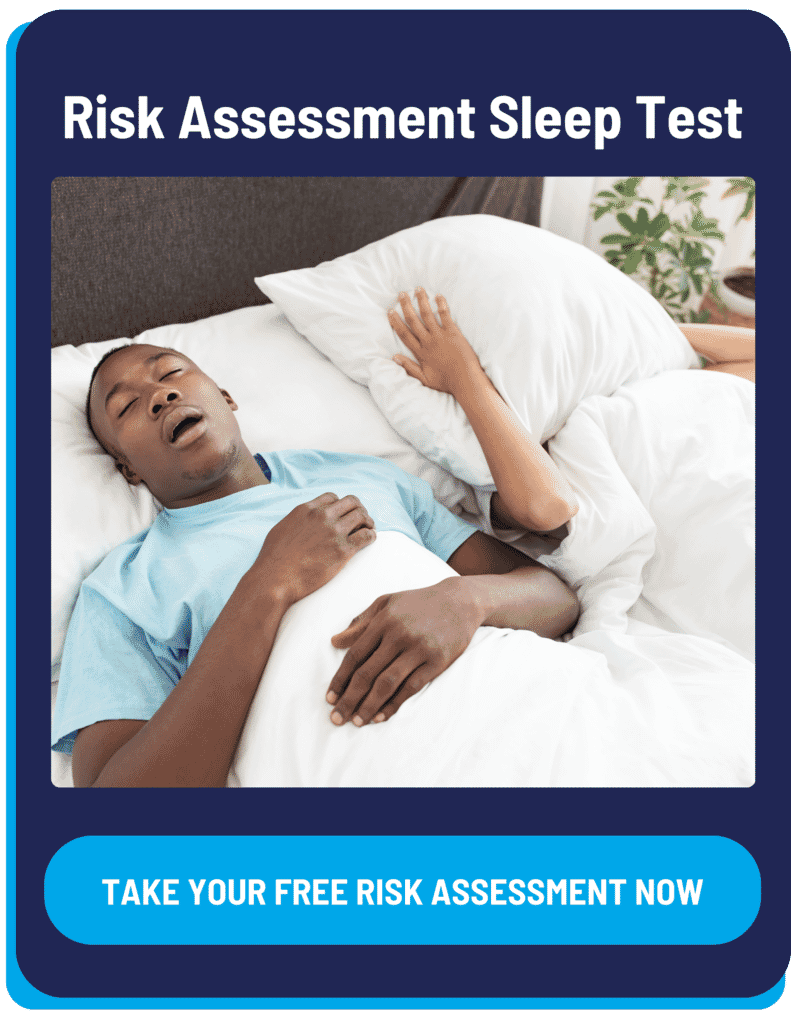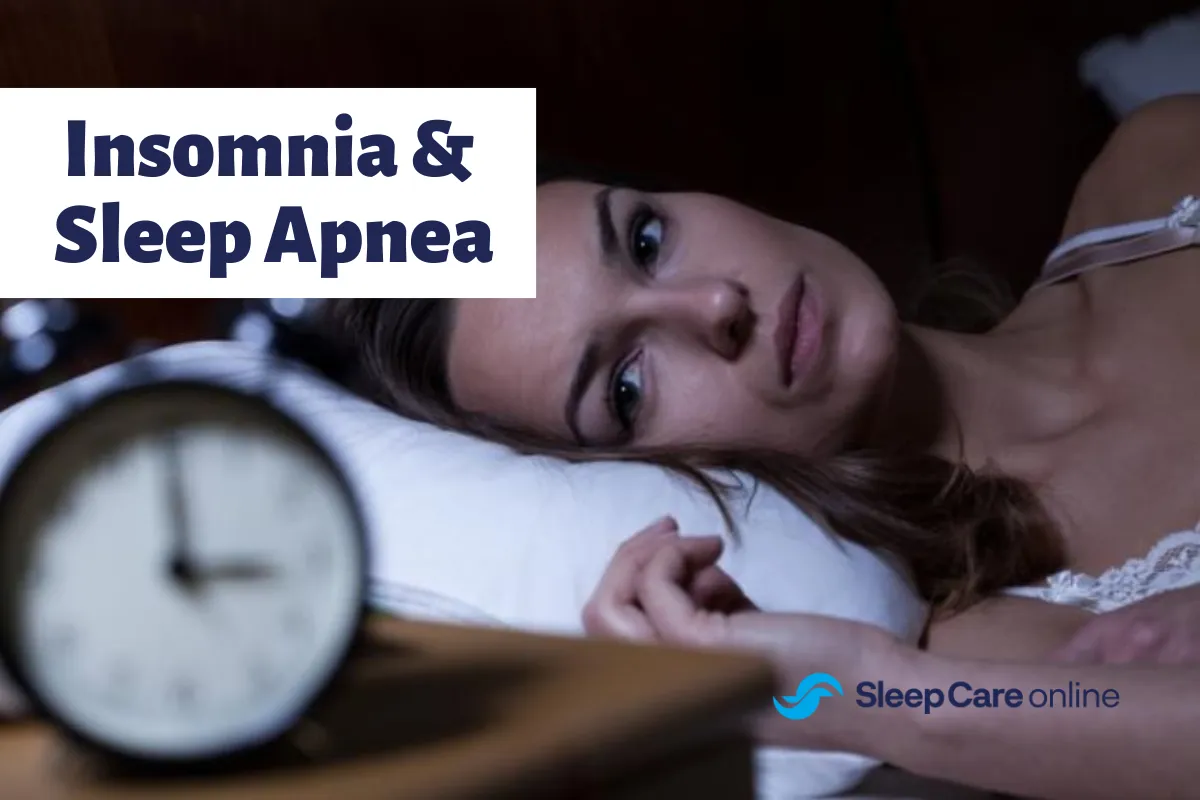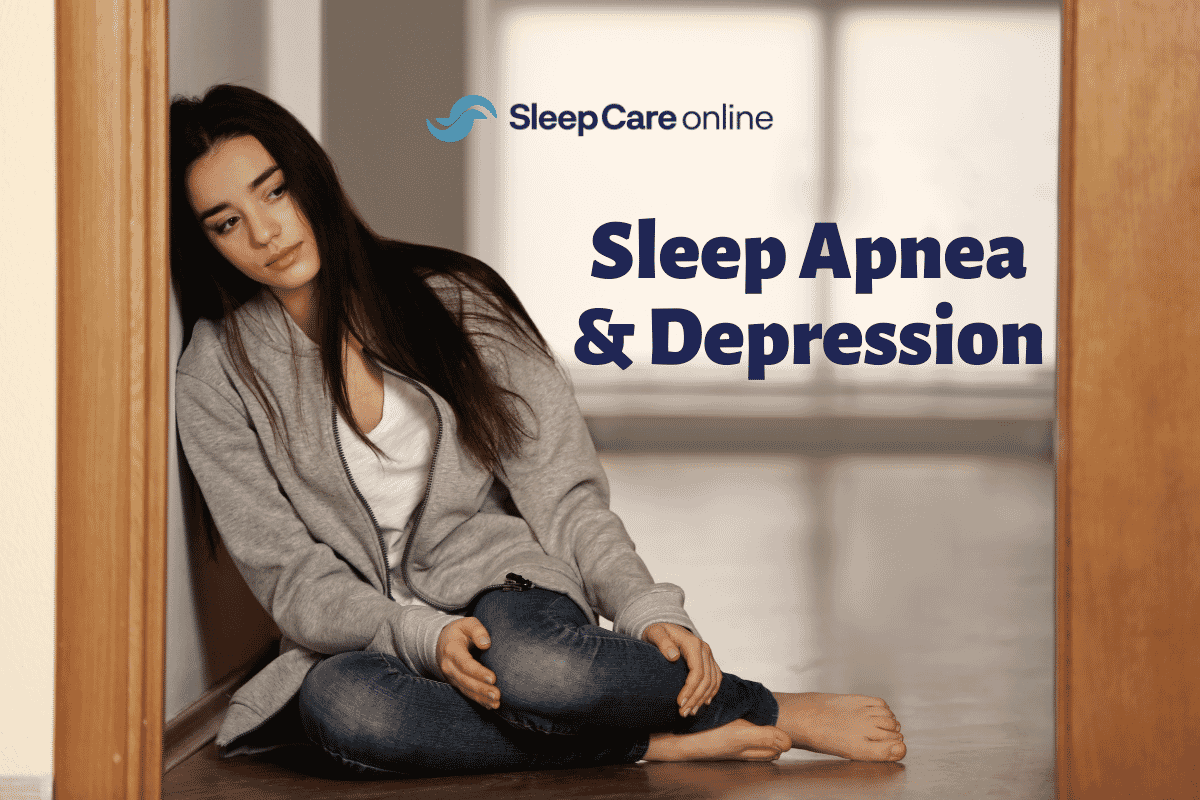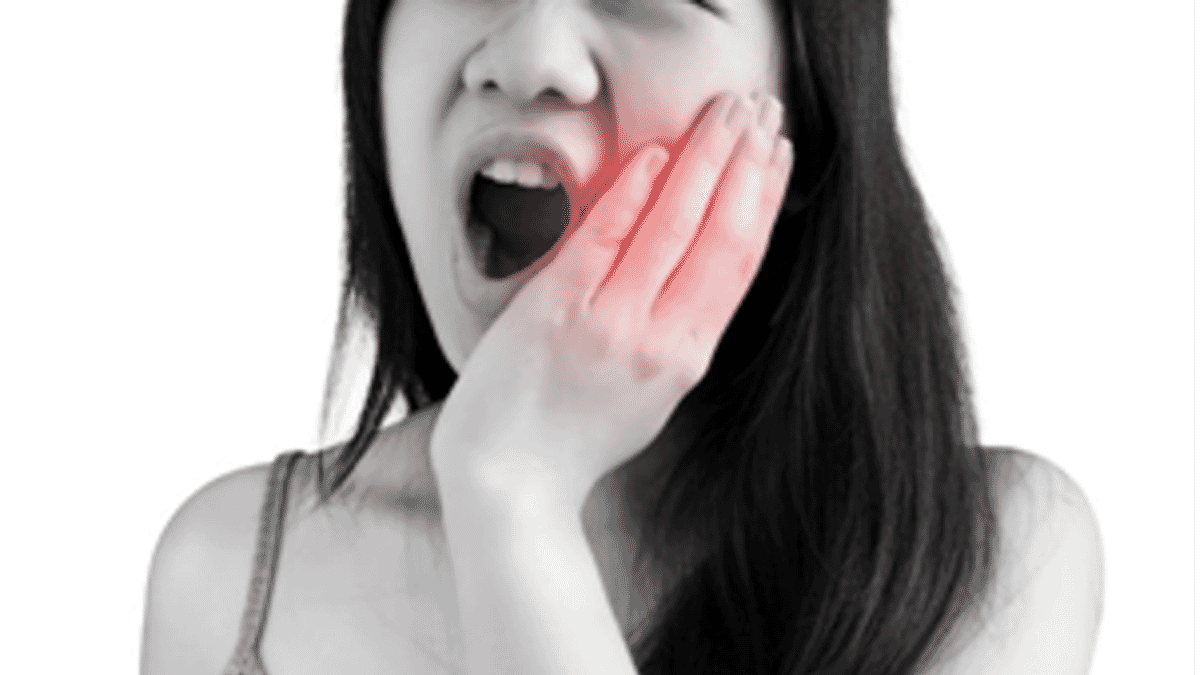Stress plays a major role in both your psychological and physical health, affecting diet, mood, relationships, and weight. Stress can even impact healthy sleep. Chronic stress can lead to sleep disorders such as insomnia and sleep apnea. Stress is often ignored when health problems arise. Understanding how much stress is present in your life is critical to knowing its personal impact. If you are already experiencing sleep loss, stress may be a factor.
What is Stress?
Stress is the feeling of being overwhelmed by emotional or mental pressure. The body responds to mental stress with physical symptoms. People respond to stress and to different levels of stress in different ways. Long-term stress can lead to lasting health issues. Often stress is not targeted as the cause of chronic symptoms. Sometimes people react to stress with unhealthy solutions such as drugs or drinking alcohol, which can lead to additional health issues.
What are the Signs and Symptoms of Stress?
Stress can manifest physically with a variety of symptoms:
- Indigestion or other digestive problems like constipation
- Headaches
- Shallow breathing or hyperventilating
- Heart palpitations
- Sweating
- Unexplained aches or pains
- Difficulty sleeping
Stress can affect behavior including:
- Irritability
- Depression
- Anxiety
- Sexual problems
- Excessive drinking of alcohol or drug use
Additionally, stress is often not pinpointed as the cause of any of these issues. People suffering from stress-related conditions may self-medicate, not realizing the source of their ailments.
Causes of Stress
Many life events can be the foundation for ongoing stress:
- Stressful jobs or workplaces (People affected by work-related stress lose an average of 24 days of work due to ill health)
- Stressful relationships or relationship events like divorce
- Financial problems or unemployment
Short-term life events can cause stress as well including moving, job promotions, or buying a house. Even events that should be relaxing can be stressful. Holidays or a vacations can be stressful if a person must plan, prepare, schedule, and budget for the event.
Can Stress Cause Sleep Apnea?
Stress can certainly contribute to the onset of sleep apnea. However, stress affects each person differently so there is no direct link that is true for every person or case. Stress is associated not only with sleep apnea but also with mental disorders like anxiety and depression.
How Can Stress Affect Your Health?
As mentioned, stress can lead to other illnesses, both physical and mental. Stress can also induce stomach problems, muscle pain, depression, sleep problems, sleepiness, and more. Managing stress to avoid feeling other illnesses and symptoms could really benefit a person’s overall health and well-being.
What are the Effects of Stress on Sleep Apnea Patients?
If a person is already managing sleep apnea, stress can compound the sleep disorder. While the connection between stress and sleep apnea is mostly indirect, there are telltale indications that stress may be affecting an existing sleep apnea condition. you may:
- Have difficulty falling asleep or beginning your CPAP therapy
- Wake up frequently during the night
- Become irritated with your CPAP therapy, including mask fit or air pressure when it never bothered you before
Tips to Reduce Stress
- Exercise often: Typically a person feels less stressed after working out. When a person exercises, their body reduces the levels of stress hormones, like adrenaline and cortisol. Exercising regularly also stimulates endorphin production, which is the chemical in the brain that improves mood.
- Eat a nutritious diet: A proper diet provides the right amount of energy a person needs to deal with everyday life and stressful events. It also can repair damaged cells and supports a healthy immune system. Healthy foods rich in omega-3 and vegetables can also help regulate cortisol levels.
- Have a social life: Socialization helps people realize they are not alone. Talking to or spending time with friends and family is vital in a person’s life. Having a social life increases levels of a hormone called oxytocin, which decreases anxiety levels.
- Get enough sleep: A good night’s sleep will also reduce cortisol and other stress hormones. Getting the proper amount of sleep improves mood and allows the body to process emotions the right way.
- Avoid alcohol: Heavy use of alcohol alters the brain’s chemistry and releases a higher amount of cortisol. When this happens, a person’s body is strongly impacted and alters the way stress is perceived and how it should respond to it.
- Take a deep breath: Stopping to take a deep breath allows a person to take to the time to calm down. A deep breath will calm the nervous system, which controls the body’s involuntary functions.
Treatments for Sleep Apnea
Staying CPAP compliant is the best way to manage an existing sleep apnea condition. Even with the presence of stress, maintaining your CPAP therapy helps prevent ill effects from both sleep apnea and stress impacting your personal health.
Make sure you follow the prescribed setting from your doctor for your CPAP machine. Keep your CPAP machine clean and replace tubing and your mask as needed. Use a CPAP mask that is most comfortable for you.
Can Stress and Anxiety Cause Sleep Apnea?
There is no direct evidence that stress and anxiety are a cause of sleep apnea. Sleep apnea is the result of periodic airway collapse during sleep. The condition is the result of family history or lifestyle.
Taking steps to manage stress such as meditation can reduce the impact of stress on your life. Defining ongoing stress in your life and eliminating those causes may be necessary. Even when you are able to reduce stress in your life, it is still advisable to continue your CPAP therapy to sustain healthy sleep.
How Do I Test for Sleep Apnea at Home?
Understanding your sleep is the first step toward determining if you have a sleep disorder like sleep apnea. Getting a home diagnosis is easy.
- With a Complete Care Package, you will schedule a 10-minute telehealth visit with a healthcare provider to discuss symptoms, upcoming sleep study, test results, and discuss treatment options.
- A multi-night, disposable home sleep apnea test is mailed to your house to be completed at your convenience.
- A physician analyzes the sleep data and provides a prescription if needed.
- Schedule an optional follow-up appointment (additional fee applies).
- We connect you to sleep experts who can offer customized sleep therapy options, assistance in equipment purchase, and initial set-up.





